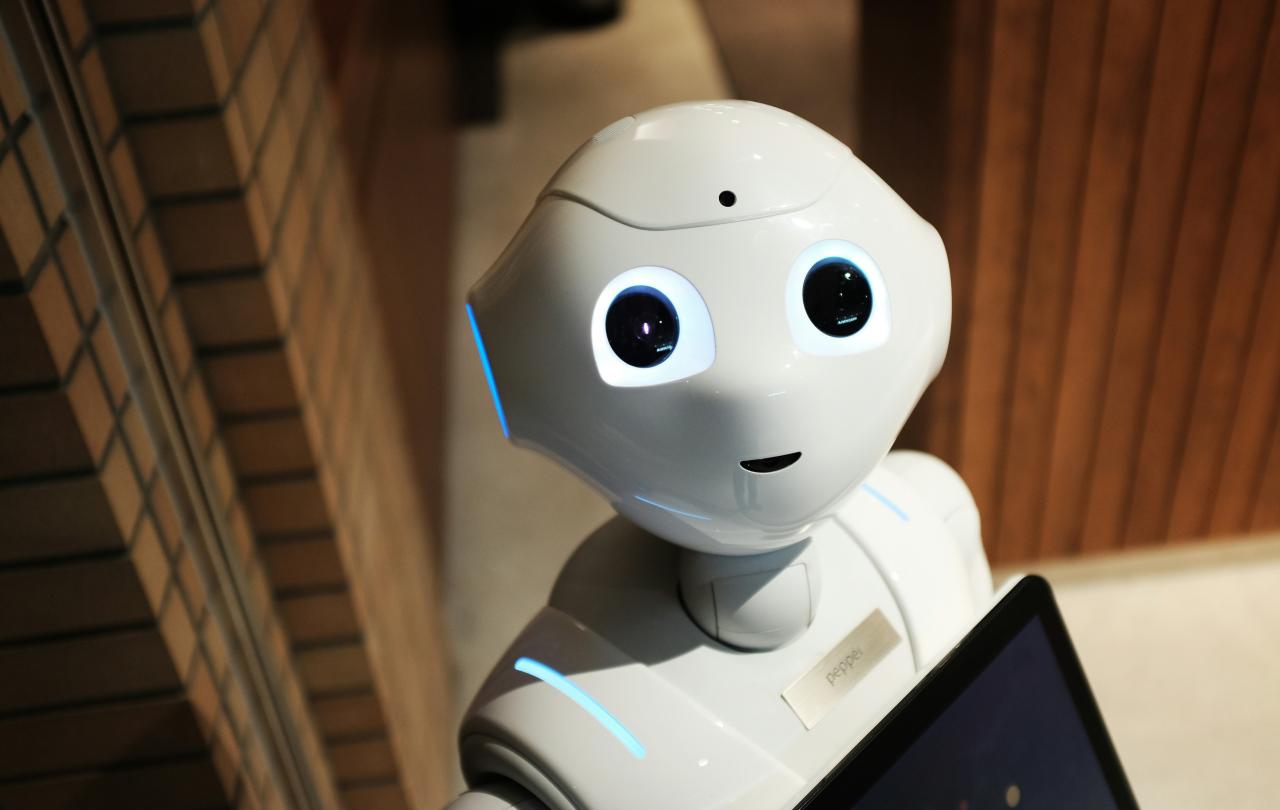
As the Chancellor Rachel Reeves seeks to raise billions in this Autumn budget, the news media are all over the downsides. Poor pensioners freezing during winter and businesses complaining of the tax burden are political headlines. Tough choices must be made, but we are rarely happy when it comes to money.
Economic discontent is ironically a cultural norm in first world countries. In the west we have become used to what psychologists call the hedonic treadmill – adjusting our expectations to any new benefits and finding ourselves wanting even more, to try to maintain the same level of happiness. It’s a mentality that dooms us to discontent. Socrates said, ‘He who is not contented with what he has, would not be contented with what he would like to have.’
Contentment seems to be a forgotten virtue today, and increasingly elusive in a society striving for happiness through wealth. Yet being content in life is a more valuable form of wealth than money. There is something enormously attractive about a tranquil state of mind and heart. Contentment does not mean passive acquiescence; there is a noble side to being passionately discontented about something that is unjust – especially when we are fighting for others. William Wilberforce demonstrated that with his campaign for the repeal of laws allowing slavery.
Our personal challenge is to be content in ourselves, whatever the circumstances. Oscar Wilde said, ‘True contentment is not having everything, but being satisfied with everything you have.’ Practising paying attention to what we do have and being thankful for it. That attitude of gratitude is a recognised way to lift our mood and strengthen our resilience. But thankfulness doesn’t solve every problem. Warm words may help warm hearts, but they don’t heat cold homes. Although gratitude is proven to improve our wellbeing, it’s not enough to compensate for all the problems of life. Because here’s the deal; life is tough and then you die, and there are many worse things than economic woes.
Pain, grief and loss are all too common, and they can test our resilience beyond what feels like our ability to endure. Chronic physical or mental illness for example; or being permanently disabled. Or the life-sapping effort to parent children with special needs; or caring for a parent/partner with dementia - especially when it goes on and on. Sometimes horrible events happen like violent abuse, or the deep grief of relationship breakdown or bereavement. This level of suffering pushes us to the end of ourselves, to the place where something more than psychological self-help is needed. What is the secret of contentment then?
I don’t envy the Chancellor, and I do not trivialise the very real challenges raised by having to make tough economic choices.
This is where the secular and the Christian worldview are radically different. Secular philosophers call people to show their own self-sufficiency and superior reason when enduring suffering. This can feel principled and stoic, but it lacks empathy and hope. Christianity accepts the reality of our own weakness and insufficiency, recognising that we can’t fix everything ourselves. Instead of trusting in humanity, we choose to trust God both for this life and the life to come. And this trust and hope is linked to a deeper form of contentment, which transcends pure rationality.
Of course, sceptics say this is just psychological comfort from an imaginary friend, and it doesn’t make sense, because surely any good God would not allow us to suffer in the first place. But any realist must acknowledge that a lot of human suffering comes from the damaging exercise of our own free will. Wars and slavery are examples. If God were to override our free will, we would be robbed of the authentic capacity to love, which makes us fully human. The coexistence of free will, suffering and God is a complex issue.
The experience of millions of Christ followers is that trusting God is much more than imaginary comfort. God is real and prayer changes things; the most ordinary, natural and chance experiences can be affected by it. And prayer changes us. In our vulnerability, if we choose to trust God something changes, we begin to relax, things become a bit easier to bear. In fact, the apostle Paul claimed that Christ’s power was perfected in his own weakness.
Contentment is a strange peace that comes from trusting God in the middle of difficult circumstances. One of the great old hymns was written by a man who lost his four daughters in an accident at sea, and also lost all his money in a fire. The refrain says, ‘It is well, it is well with my soul.’ This isn’t denial or delusion, it is the inner sense of quietness that God can give. Only an eternal perspective allows for that kind of contentment.
I don’t envy the Chancellor, and I do not trivialise the very real challenges raised by having to make tough economic choices. Britain is clearly in a place where some stringent fiscal discipline is needed, and that will inevitably cause some hardship and difficulties. But in the face of all the discontent that is so freely shared in the news, there is another way to respond. Instead of complaining about our flawed Government or moaning about our circumstances, we can change our perspective to put our trust in the ultimate Authority. And in doing so can find a peace that the world cannot give. Contentment is a treasure beyond the wealth of nations.





